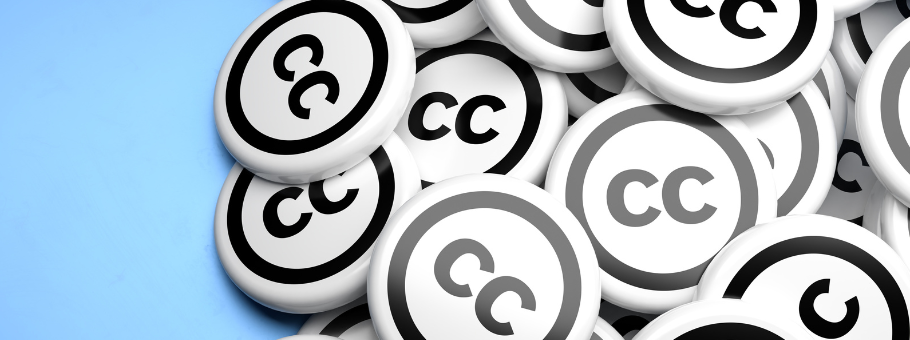South Korean Universities and Elsevier Reach a Common Ground

Elsevier has been in news for a long time. Initially it was due to the dispute with the German universities regarding access to journals. Recently the dispute between the South Korean universities and Elsevier has again made it to the headlines. Several disagreements over subscription prices and inclusion of little-read journals in package deals went on for months. Shortly before January 12, Elsevier agreed to allow a consortium of hundreds of South Korean universities access the database ScienceDirect through 2020. ScienceDirect boasts content from 3500 academic journals and thousands of electronic books. The agreement includes price hikes between 3.5 and 3.9 percent. Elsevier had threatened to block access to ScienceDirect unless increases of 4.5 percent were made in the accessing charges paid.
Koreans Protest Over High Elsevier Subscription Rates
The Korean consortium cited that Elsevier was taking advantage of its market leverage by charging higher subscription rates. They also complained about the minimum flat rate system used by ScienceDirect for its package deal. It was unacceptable for the Korean consortium as the package deal included many little-read journals. Lee Chang Won, secretary general of the Korea University and College Library Association, states, that initially they have accepted whatever (rate increase) Elsevier made. But with library budgets being continually squeezed, it is no longer possible for them to afford (its) excessive demands.
Korean groups formed the consortium representing 300 university and college libraries in May 2017 to negotiate with 42 database providers. After failing to agree on the terms of usage, the group boycotted Elsevier and other publishers and refused to renew their contracts. Elsevier relented and agreed to continue access while negotiations continued.
The two sides continue to talk about pricing and other details for 2019 contracts. The universities that opt for multiyear contracts expect further concessions. Despite the lowered fees, Hwang In Sung, research analysis team director at the Korean Council for University Education (KCUE), feels that their negotiated (increase) of 3.5 to 3.9 percent with Elsevier is still more than the international level of 2 percent.
Elsevier Allows Open Access While Talks Continue
“The highest annual bill for libraries is ScienceDirect,” says Lee Chang Won. A survey taken recently showed that members of the library association spend about $140 million each year on digital database subscriptions. Of that amount, $33 million goes to Elsevier for ScienceDirect. No wonder it aimed for an increase in the subscription rates for this database. In a similar dispute with a German academic consortium early last year, Elsevier cut off access to electronic access to journals at more than 60 institutions that refused to renew their subscriptions. Negotiations are presently ongoing, and meanwhile, Elsevier is allowing uninterrupted access while the talks continue. South Koreans are also negotiating with providers that have increased rates, and they have not renewed agreements.
Future of Academic Publishing Looks Bleak if Agreements Not Reached
The future of academic publishing is uncertain, and only through negotiations between the users and the companies like Elsevier will the questions be answered about the future of academic publishing and access to journals. The South Korean consortium has staved off disaster by reaching an agreement with Elsevier for access to ScienceDirect. Singapore-based Elsevier spokesperson Jason Chan confirms that Elsevier reached an agreement with the Korean consortium for access to ScienceDirect through 2020 and has agreed to continue to discuss future access options. Beyond that, the future of access to scientific journals around the world is less than clear. These controversies might signal the beginning of the end for the traditional subscription model of academic publishing.
What do you think about Elsevier’s stand on this dispute? Do you think this would be a long-term effect? Please share your thoughts with us in the comments section below.









